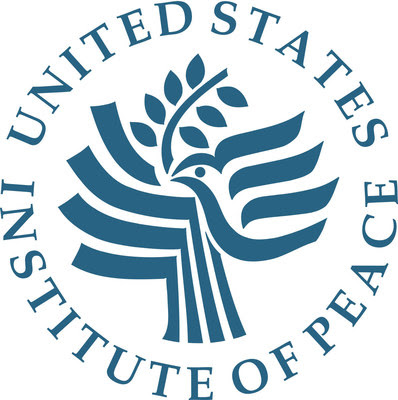China on Monday canceled plans to sell tickets to the public for the Winter Olympics in Beijing, as the number of COVID-19 cases in the country reached its highest point since March 2020.
Organizers said last year there would be no international spectators at the Games – partly due to China’s weeks-long quarantine requirements – but they had promised to allow domestic audiences.
But those plans were scrapped Monday as China reported 223 new infections just three weeks before the Winter Olympics are set to open.
“In order to protect the health and safety of Olympic-related personnel and spectators, it was decided to adjust the original plan to sell tickets to the public and (instead) organize spectators to watch the Games on-site,” the Beijing Olympic organizing committee said in a statement.
It is unclear how these spectators will be selected and whether they will have to quarantine before or after the Games.
China, where the virus first emerged in late 2019, has stuck to a strict policy of targeting zero COVID-19 cases even as the rest of the world has reopened.
But its approach has come under sustained pressure in recent weeks with multiple virus clusters in key areas, including the port of Tianjin and the southern manufacturing region of Guangdong.
Athletes and officials have already started to land in the capital ahead of the Games, immediately entering a tightly controlled bubble separating them from the rest of the population.
After a local case of the highly infectious omicron strain was detected in Beijing over the weekend, authorities also tightened regulations for arrivals from elsewhere in China.
The capital is now demanding a negative test before travel and a follow-up test after entering, with residents urged not to leave the city for the upcoming Lunar New Year holiday.
Some tourist sites have also been closed.
A senior health official told residents to “avoid buying goods from overseas” after saying the local case could have been brought in by international post.
The infected woman in Beijing had not traveled or had contact with other infected people, authorities said as they tested 13,000 people living or working in the same area.
Health official Pang Xinghuo told reporters the virus had been found on the surface of a letter the infected person had received from Canada.
Dozens of letters from the same batch were tested and five showed traces of COVID-19, Pang said.
The strain was different from omicron cases in China and similar to variants identified from North America last month, she added. “We come to the conclusion that the possibility of virus infection through inbound objects cannot be ruled out.”
Therefore, residents should “try to avoid buying goods from overseas during outbreaks”, Pang said. “If you receive overseas mail, you should wear masks and disposable gloves to reduce direct contact.”
She advised people to “open the packages outdoors.”
China has linked a number of its virus clusters to products imported from overseas.
A theory from Beijing that the virus did not originate in China but was imported in frozen food was judged “possible” but very unlikely in a report last year by international experts appointed by the World Health Organization.
The Centers for Disease Control and Prevention in the United States says on its website it is “possible” for people to be infected through contact with contaminated surfaces or objects – but the risk is low.
Within three days, there should be a 99% reduction in any virus traces left on surfaces.
Analysts have warned that China’s zero-COVID approach – which includes targeted lockdowns and travel restrictions – will increasingly weigh on the economy.
Some 68 COVID-19 cases were reported Monday across central Henan province, where partial lockdowns and mass testing have been rolled out for millions of residents.
Source: Voice of America


 “Over the past year, the laser TV sales unit of Hisense South Africa Company have seen a 194% increase, which has boosted our confidence to push ahead to present our premium products to local customers. Back by Hisense’s industry-leading image-enhancing and triple laser technologies, 100L9G will deliver a home cinematic experience to our customers in the region,” said Patrick Hu, marketing director of Hisense South Africa.
“Over the past year, the laser TV sales unit of Hisense South Africa Company have seen a 194% increase, which has boosted our confidence to push ahead to present our premium products to local customers. Back by Hisense’s industry-leading image-enhancing and triple laser technologies, 100L9G will deliver a home cinematic experience to our customers in the region,” said Patrick Hu, marketing director of Hisense South Africa.
